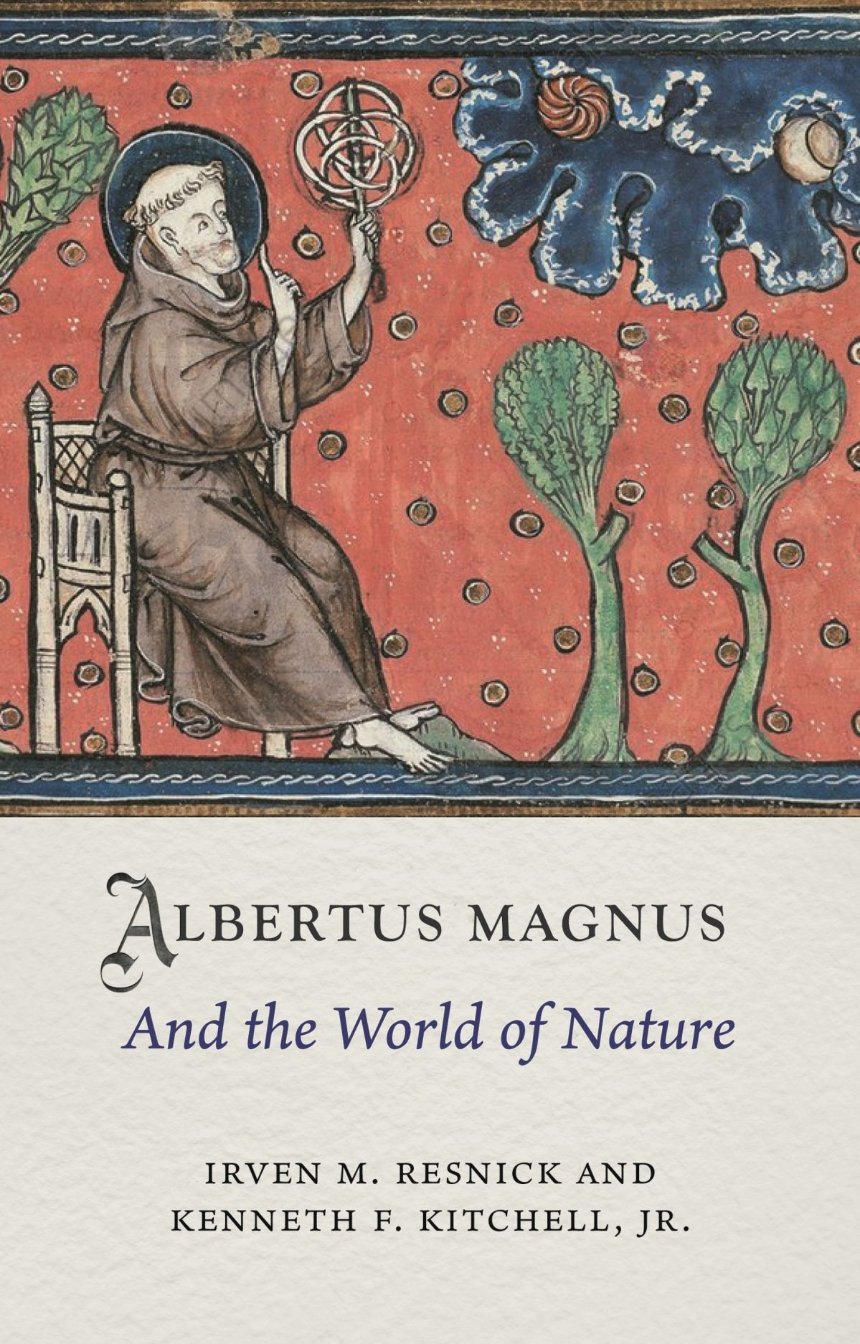Astrobiology and Christian Doctrine
/[Davison's] inquiry proceeds at two mutually reinforcing levels: a natural theology of creation that informs arguments about the fittingness and possibility of rational life beyond the human domain as well as a strictly theological speculation about the implications of such a possibility for our understanding of the Trinity, the Incarnation and the person of Christ, and eschatology.
Read More







